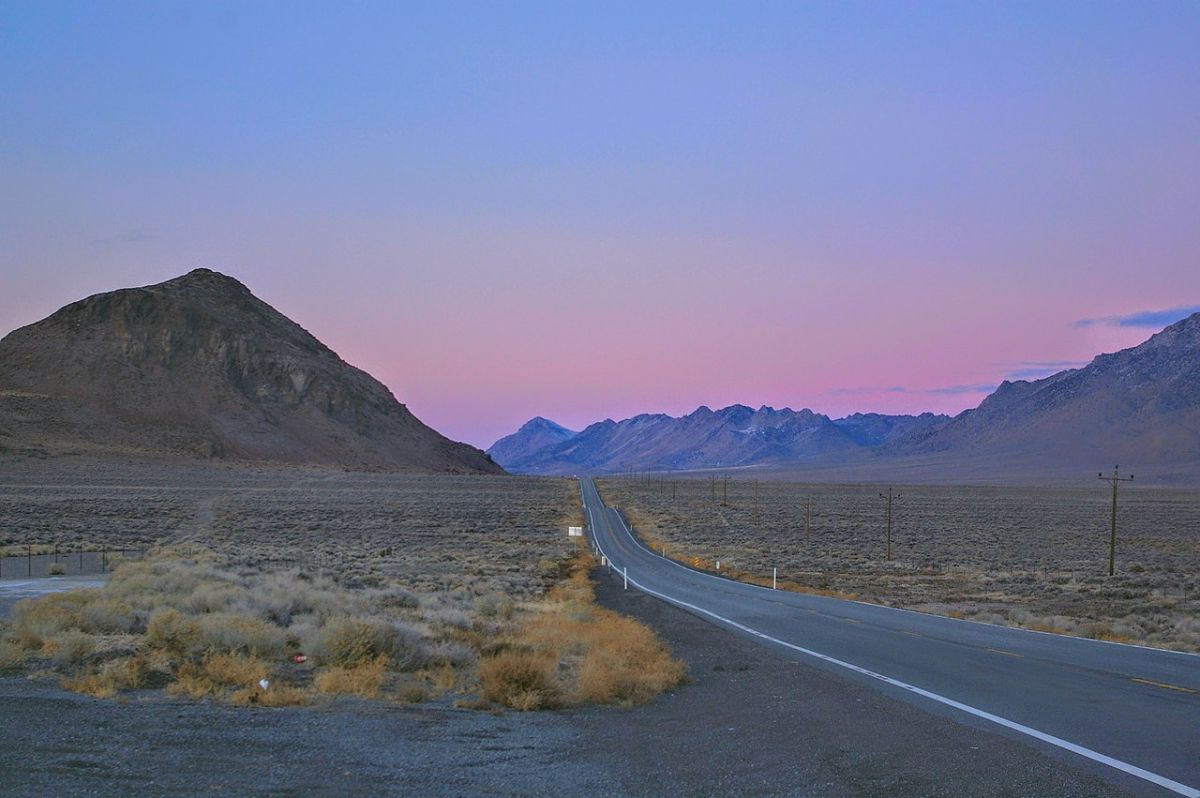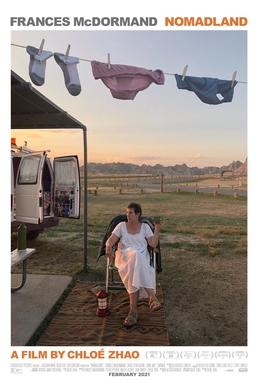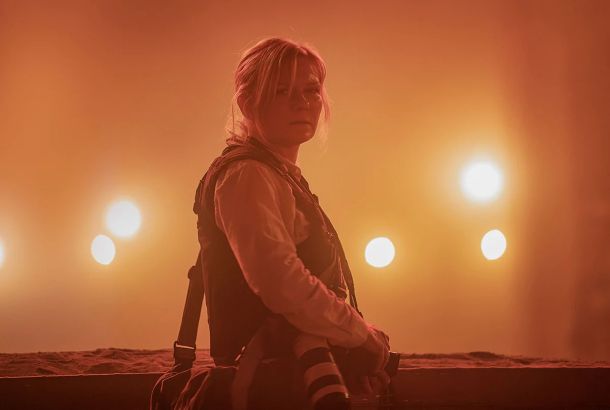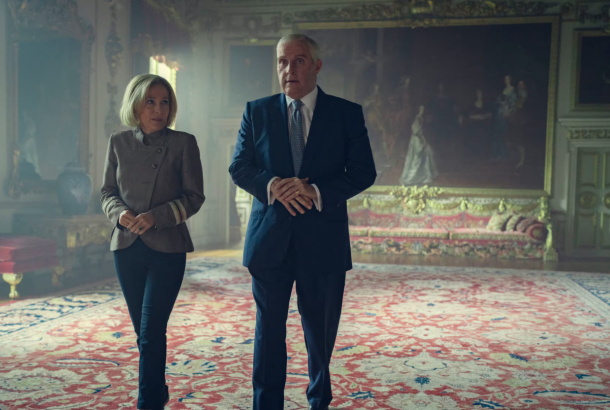Nomadland: Escaping the system in search for freedom

The aftermath of the financial crisis of 2008 and the ever-rising costs of living in the relentless American economy have, for years, been leaving many behind. This year’s Best Picture winner, Nomadland, explores the lives of those who were pushed not to the margins of the system, but almost entirely out of it. These are the people who weren’t born lucky enough, and those who weren’t able to compete and survive in the capitalist environment.
With not enough resources to maintain even the ‘ordinary’ lifestyle they’ve had for years, many older Americans decided to hit the road and lead a transient lifestyle as modern-day nomads. Travelling across the country in a van, moving from one temporary job to another, they broke away from the expectations of the society.
This social phenomenon lies behind Chloe Zhao’s Nomadland, as well as behind Jessica Bruder’s 2017 non-fiction book Nomadland: Surviving America in the Twenty-First Century. But Chloe Zhao’s adaptation is a unique blend of fiction and documentary, reaching even deeper than Bruder’s work.
Featuring many nomads encountered by Bruder on her journey and described in the book, the film centres around a fictional character. Fern, played by Frances McDormand, is forced to leave the town of Empire, Nevada after the death of her husband and the closure of the gypsum plant where most of the town’s residents used to work. She has no prospects, yet still she doesn’t want to be a nuisance for her sister. Instead, she decides to hit the road.
Fern is simultaneously a symbol of all the Americans who embark on their van-dwelling journey without a plan, as well as a reflection of Jessica Bruder. She tries to learn as much about the nomadic lifestyle as she can through talking to every nomad she encounters on her journey, getting to know their life stories and the reasons why they ended up where they are now.
But behind jumping between jobs, working in an Amazon warehouse, and being a camp host, there is something more to Fern’s story. Her escape into a nomadic lifestyle is a search of freedom, and this might be the only way to achieve it in modern-day America.
Zhao’s directorial vision is brilliant in serving the purpose of portraying the nomadic lifestyle as being free from capitalist expectations. Long, still shots from the cinematographer Joshua James Richards show the vast landscapes of central United States, far away from the rush permeating all American cities.
Without this rush, there’s time for genuine human connections to be made. All of the people starring in the film apart from McDormand and David Strathairn (playing a man whom Fern befriends along the way) are non-actors and real-life nomads, essentially playing lightly scripted versions of themselves. These are people for whom making Nomadland wasn’t simply making a movie; it was forming connections, an essential part of living on the road when you constantly encounter new people along the way. Just as Jessica Bruder gained friendships during her time on the road, gathering material for the book, so did McDormand and Zhao, who invited their nomad friends on their campaign this awards season.

Nomadland is a film which shines with genuineness, warmth and humanity. Yes, the economic issues I’ve mentioned in the beginning are always out there in the background and as a catalyst of people’s life choices. However, the film doesn’t build the story around these issues in the way Nomadland the book does.
Zhao’s film builds authentic spiritual connections both between the real-life nomads and the character of Fern, as well as between the nomads and us, the audience, to poetically capture the essence of being human. The breath-taking wide shots, combined with music by the great Ludovico Einaudi, serve as moments for intimate meditation and an emotional encouragement to look deeper into the people on the screen, into the social effects of capitalism, and, probably most importantly, into ourselves.
“When I moved into the van, I realised that everything that society had told me was a lie – that I had to get married and live in a house with a white picket fence and go to work, and then be happy at the very end of my life, but be miserable until then. Living in my van, I was happy for the first time ever.” – Bob Welles
5/5.
Nomadland is being released on Disney Plus on the 30th of April.







